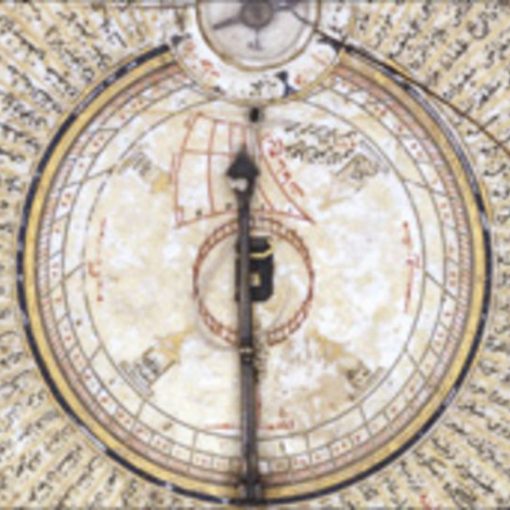A Line in the Sand: Britain, France and the Struggle That Shaped the Middle East
The history of British and French intervention in the modern Middle East makes a pretty sordid tale. While Woodrow Wilson expressed a new zeitgeist with his criticism of European colonialism and his support for the self-determination of peoples all over the world after the First World War, the British and French remained hell-bent on moving into the Middle East. As the Ottoman empire crumbled, they were ready to befriend or betray one another, as well as the Arabs whose land they were carving up. Basing his most surprising findings on recently declassified secret service documents, James Barr takes readers through the astonishingly cynical intrigues of these two colonial rivals, introducing us to a host of politicians, leaders, diplomats and spies along the way.
Allies during the First World War (though neither forgot the 1898 Fashoda incident, when France attempted to curtail the British presence in Egypt but was forced to back down), the rivals came to a mutually beneficial compromise with the secret Sykes-Picot Agreement of 1916. The Conservative MP and Middle East adviser Mark Sykes declared his intention “to draw a line from the ‘e’ in Acre to the last ‘k’ in Kirkuk”, lands north of the line going to France, south of it to Britain. The division was duly agreed with his French counterpart, the diplomat François Georges-Picot, and has caused problems ever since.
T E Lawrence learned about this only after he had mobilised the Bedouin tribes to fight the Ottomans in the name of Arab nationalism. Barr’s chapters on Lawrence, the subject of his previous book, are particularly engaging. Britain’s deliberately vague promise of independence to the Arabs once the Turks and the Germans were defeated had to be balanced against alienating the French, who wanted Syria. Despite a great deal of negotiation and scheming, as well as the establishment of a short-lived independent Arab state under the emir Faisal Hussein, the Sykes-Picot Agreement was upheld.
The story becomes even murkier. Although they put down the Druze revolt in Syria during the 1920s, French officials suspected the British of prolonging this struggle, or even actively assisting the rebels. British support for nationalism in Syria came from the idea that an Arab state would satisfy the nationalists so that Britain could continue to control Palestine and, later, the important oil pipeline that stretched from Iraq to Haifa. For the same reasons, the British supported the Zionists, wrongly assuming that they would remain grateful to them and back their presence in Palestine.
Most of the events Barr describes are well known, and most of his sources have been available for some time – but one of his original contributions, based on declassified documents, is the extraordinary discovery that the French secretly provided arms and financial support to the Zionist terrorist groups the Stern gang and the Irgun, as well as the Hagana. This was their revenge for British encouragement of Lebanese and Syrian independence. The Zionist gangs made havoc of London’s plans for Palestine. It was two members of the Stern gang who, in 1944, ambushed and murdered Lord Moyne, resident minister of state in Cairo, member of the British cabinet and leading advocate for a Greater Syria.
Barr is admirably in control of his material. The complex historical events and political intrigues are made more accessible by his readable style and ability to sum up events and to describe the players using pithy characterisations. He makes use of memoirs and private
letters as well as French and British archives. Thus, we learn that Sykes was a charlatan who failed to recognise the beginnings of Arab political consciousness, and whose perceived expertise on the Middle East was based on having written a book that merged Islamic history with his travels in the region as a student. We read that Envoy Extraordinary Edward Louis Spears, who facilitated Lebanese and Syrian independence from the French, was thick-set, fluent in French and considered to be something of a liability by the then foreign secretary, Anthony Eden, and, eventually, by his friend Winston Churchill.
Charles de Gaulle turned decidedly anti-British as soon as the Vichy French were defeated by the Free French with British help. The Syrian nationalist Fawzi al-Qawuqji was a “flamboyant, fair-haired Syrian gendarme”. And Amin al-Husseini, the grand mufti of Jerusalem who managed to end the 1936 Arab strike and guerrilla attacks overnight while British forces in Palestine proved powerless, was a “short, cautious and rather delicate-looking man with red hair, blue eyes and a lisp”.
Barr confidently navigates through world events and the overlapping, often conflicting interests that motivated policy and intelligence decision-making at every level. British and French attempts to control the Middle East represented “the last gasp of imperialism”: cynical, grasping and motivated by vengeance and old rivalries, even while the Second World War raged and threatened both allies.
Read full article in the New Statesman here

